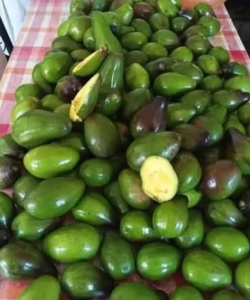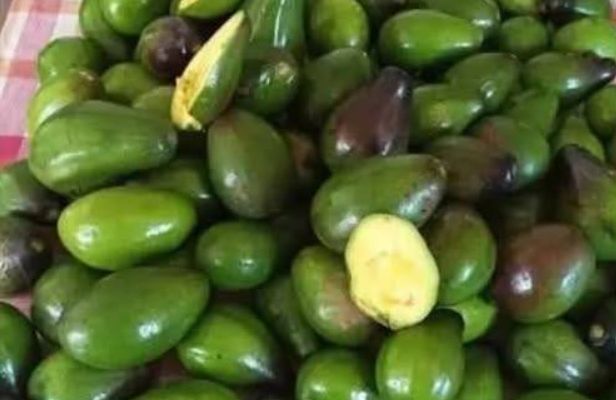The Avocado Paradox: When Nourishment Turns Against Us
It begins with a slice. Smooth, buttery, green. The avocado, once exotic, now ubiquitous, slides onto toast, into smoothies, across salads. It’s the darling of wellness influencers and the emblem of mindful eating. But beneath its creamy flesh lies a contradiction—one that doctors are beginning to speak about with increasing urgency.
Avocados are rich in monounsaturated fats, fiber, potassium, and antioxidants. They support heart health, stabilize blood sugar, and promote satiety. For many, they are a symbol of self-care, of choosing nourishment over indulgence. But for others, this fruit carries hidden risks—biological, psychological, and cultural.
Doctors have identified five groups of people for whom avocado consumption may be harmful. The first are those with latex allergies. Avocados contain proteins similar to those found in natural latex, triggering a condition known as latex-fruit syndrome. For these individuals, a bite of avocado can lead to swelling, rashes, and even anaphylaxis. The body, in its confusion, mistakes nourishment for threat.
The second group includes those with kidney disease. Avocados are high in potassium, a mineral essential for nerve function and fluid balance. But for kidneys that struggle to filter, excess potassium becomes toxic. It can lead to muscle weakness, irregular heartbeat, and dangerous fluid retention. In this case, the very richness of the avocado becomes its danger.
Then there are those on blood thinners. Avocados contain vitamin K, which plays a role in blood clotting. For patients on anticoagulants, this can interfere with medication, destabilizing the delicate balance between clotting and bleeding. A fruit meant to heal can, in certain bodies, disrupt.
Beyond the physiological, there’s the psychological. Avocados are calorie-dense. For individuals managing weight or disordered eating, their health halo can be misleading. One avocado can contain over 300 calories, and its creamy texture may trigger overconsumption. The guilt that follows—especially in cultures obsessed with thinness—can be profound. The fruit becomes a mirror, reflecting not just nourishment but shame.
But perhaps the most haunting risk is symbolic. Avocados have become a marker of privilege. Their cultivation requires vast amounts of water, often in drought-stricken regions. Their popularity has driven deforestation, cartel involvement, and exploitation in farming communities. To eat an avocado is, in some cases, to participate in a system of environmental and human harm. The fruit’s softness belies a hard truth.
And yet, we continue to eat. We slice, mash, and spread. Because avocados are more than food—they are comfort, ritual, identity. They are the promise of health in a chaotic world. For some, they are a rebellion against processed culture; for others, a connection to heritage and land.
Consider the grandmother in rural Cambodia who remembers a time before avocados were trendy. She sees her granddaughter post avocado toast on social media and wonders about the shift—from rice and fermented fish to imported fruit. She doesn’t judge, but she senses a loss. Not just of tradition, but of meaning.
Or the young man in New York who eats avocados daily, believing they will heal his body. He’s recovering from an eating disorder, and avocados are his safe food. But he doesn’t know he has a latex allergy. One day, his lips swell, his throat tightens. He’s rushed to the ER. The fruit he trusted betrayed him.
These stories are not warnings against avocados. They are invitations to nuance. To understand that health is not universal, that nourishment is personal. What heals one may harm another. What comforts one may alienate another.
Doctors are not vilifying avocados. They are asking us to listen—to our bodies, our histories, our communities. They are reminding us that even superfoods have shadows.
So what do we do with this knowledge?
We pause. We reflect. We ask questions. Do I have a latex allergy? Am I managing kidney disease? Am I on blood thinners? Am I eating avocados because I love them—or because I believe I should?
We also consider the broader implications. Where do our avocados come from? Who grows them? What ecosystems are affected? What labor conditions exist?
And finally, we reclaim the avocado—not as a symbol of perfection, but as a complex, flawed, beautiful fruit. One that, like us, carries contradictions.
In the end, the avocado is a metaphor. For health that is not one-size-fits-all. For beauty that hides danger. For comfort that requires consciousness.
So the next time you slice into that green flesh, do so with awareness. Celebrate its richness, but honor its risks. Let it nourish you—but only if it truly does.


